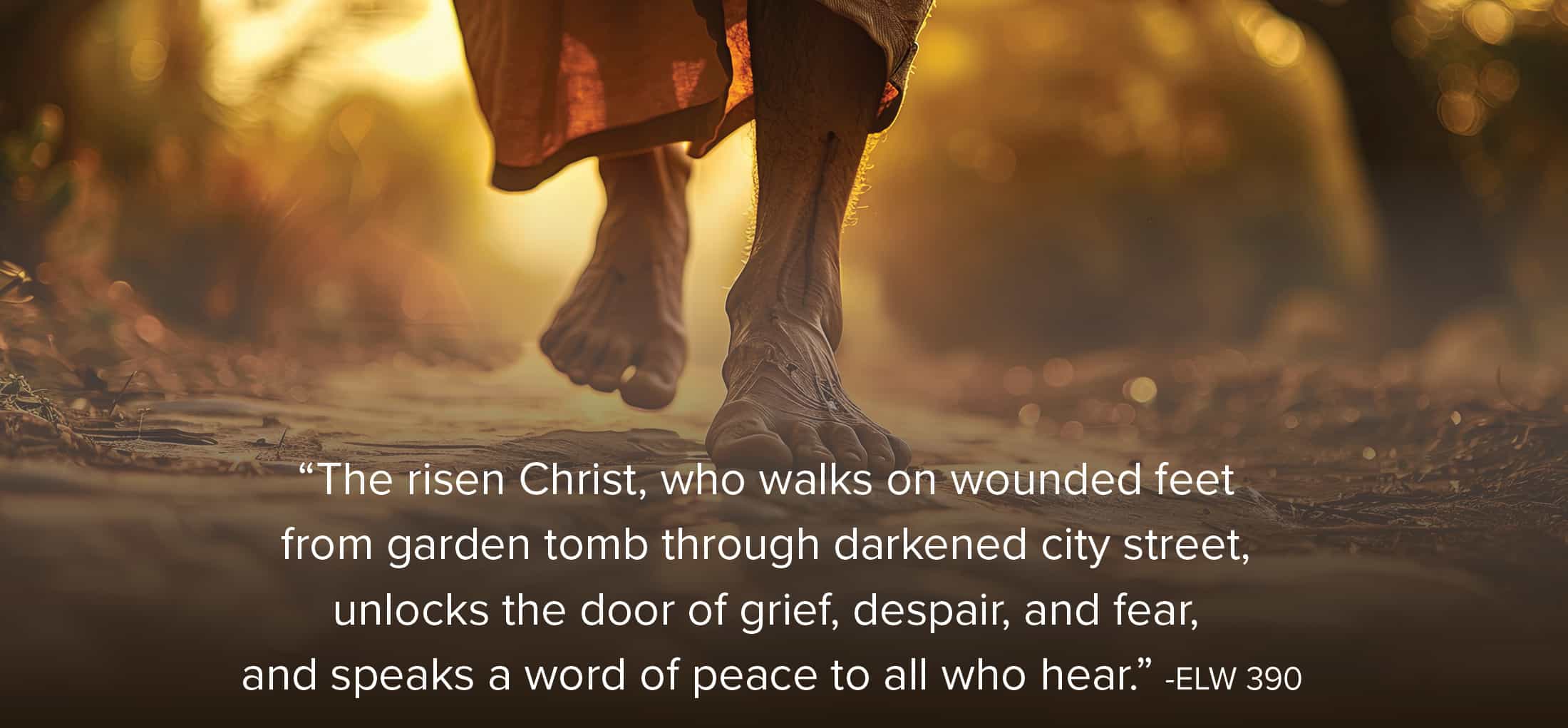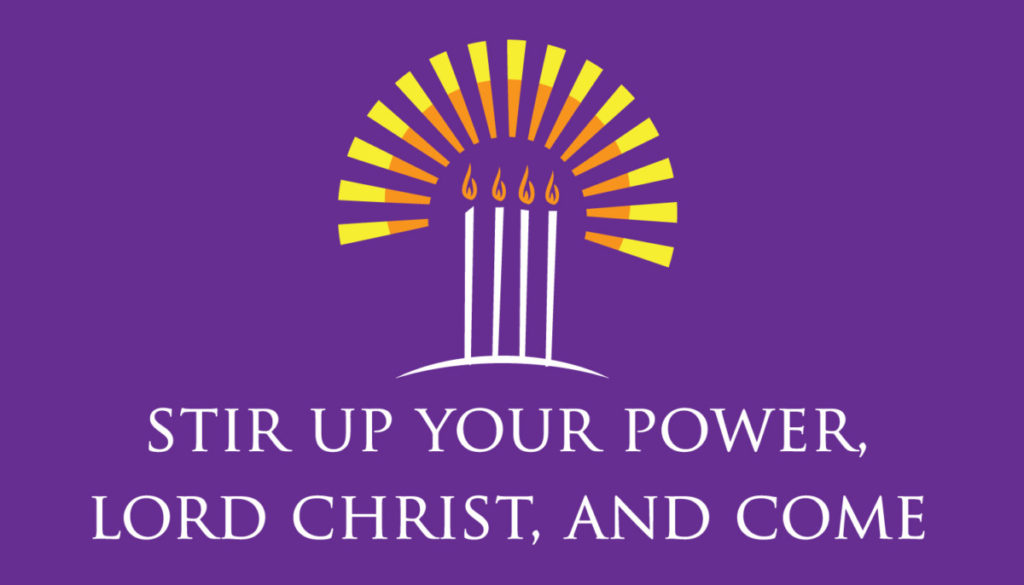
Holy Week – Easter Message from Bishop Dee Pederson
Bodies. They need a lot of care and attention each day. Nourishing, cleansing, moving, exercising, strengthening, healing, clothing them.
At the center of the most important story of the Christian faith is a body: the body of Jesus. Fully human, fully divine Jesus: God in the flesh. “And the Word became flesh and dwelt among us, and we have seen his glory, glory as of the only Son from the Father, full of grace and truth.” (John 1:14.)
The earliest theologians spent a lot of time debating the nature of Jesus: was he only human and not divine, did he just appear to have a body that suffered, and was he really a spirit taking on human appearance? These questions were worked out finally in the third - fifth centuries in the creeds of the church that we continue to confess today - the Nicene and Apostles Creeds, and the Athanasian Creed.
Just before Jesus enters Jerusalem, Mary anoints his feet. In the story of Maundy Thursday, Jesus gathers with his friends to share one last Passover meal together. He washes the disciples’ feet. And then in this meal, Jesus says that the bread he takes, gives thanks for, and breaks, is his body. He says that the cup of wine he takes is the new covenant in his blood, poured out for all. His friends are confused and disturbed by what that could mean.
The next day, they discover what Jesus’ words in that meal truly meant. Their teacher and friend – his very body - is betrayed, handed over, beaten, denied, suffers. His feet walk the way of the cross. He cries out, “I thirst!” As he is dying, even then there are words of Scripture on his lips: Psalm 22, “My God, my God, why have you abandoned me?” Although John’s Gospel reflects the scripture that not one of his bones would be broken, I wonder if he also prayed Psalm 51, “Let me hear of joy and gladness; let the bones that you have broken rejoice.”
The stories of Maundy Thursday and Good Friday draw our attention to the body of Jesus, God in flesh: body given, body betrayed, body suffering and thirsting and dying. In all this, he knew what it is for us to be betrayed or denied, to bear pain and trauma in our bodies, to suffer, and finally to die.
Early on the first day of the week, the women go to anoint the body of Jesus. His body is not there, but they are promised he is risen and is going ahead of them to Galilee and would meet them there. They have a physical reaction to that announcement: they are alarmed and go out with trembling and amazement. In fact, the good news is true: the death we fear so much is defeated, and resurrection life has the final word. But even then, the body of Jesus bears the marks of his suffering and death. The text of one of the Easter hymns puts it like this:
“The risen Christ, who walks on wounded feet
from garden tomb through darkened city street,
unlocks the door of grief, despair, and fear,
and speaks a word of peace to all who hear.” (ELW 390)
The stories of this holy week will draw you in to accompany Jesus as he walks to the cross. They will draw you in to walk with others in their suffering today. They will send you to run with the story of the resurrection life and see Jesus present right where he promises to be.
This week, we also remember all those here and around the world, who long for food and drink and shelter and justice for their bodies, who long for peace for their hearts and minds. This year especially, I remember the people I met last year in the Holy land, who, every day, walk the stones that Jesus walked. They are ordinary people of all faiths. They are our Lutheran brothers and sisters- pastors and lay people. They are the living stones of Jesus today, proclaiming peace when there is no peace, and life in a place where it is hard to see it present.
This week you will walk your own paths with many people, in many places. You, too, walk with wounded feet and sometimes broken hearts. Your body bears the fear, the stress, the pain of all those moments and of all to whom you are connected. But the heart of our gracious God is so full of mercy, compassion, and love, that the Creator of the universe sent Jesus to walk with you. Jesus came so that every precious child of God might know God’s presence, for Jesus is going before you now just as he promises yet today.
So, if there are days when we wonder where the love of God has gone, or long to know where there could be new life, the stories of Jesus, the Word made flesh, declare that God is present with us and all people as we experience life’s sufferings. And not only that, in the story of the resurrection we will hear again promises that wounded feet can and will walk again. Joined to Jesus’ death and resurrection, life has the final word for our bodies. We will live again. Alleluia!


